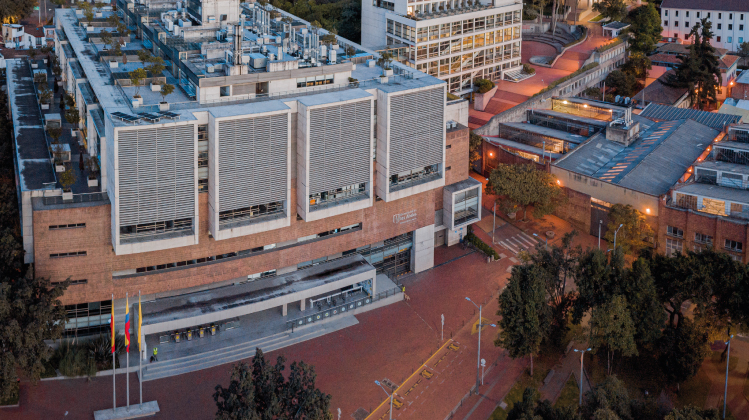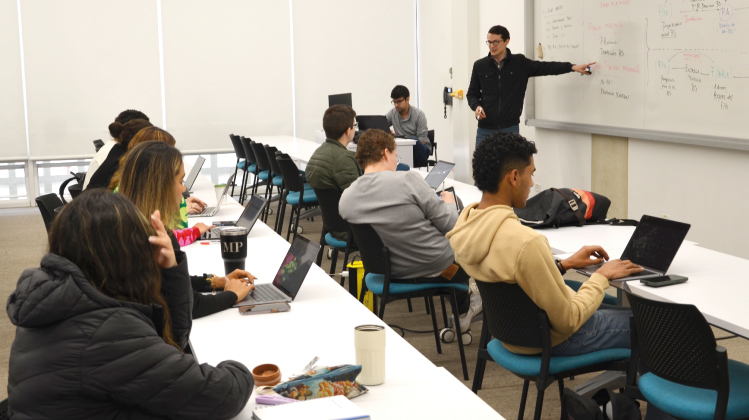This course aims to explore the kinds of dispute processing systems developed and implemented in new and emerging digital technologies. The course also deals with the challenges and complexities these designs bring to the notion of justice and our capacity to resolve, manage, and prevent conflict by addressing the following problems: what can we learn about dispute resolution from processes influenced by digital technologies? what are the implications of digitizing justice? What are the appropriate contours of online dispute resolution (ODR) in a world where technology is more ubiquitous? What are the costs and benefits of using big data, artificial intelligence, and blockchain technologies as supportive tools for managing conflict? To delve into these questions, the course will be structured as a seminar to collaboratively think together about these topics and invite international pioneers in the field to share their visions and the obstacles they encounter in digitizing justice and in the broader ODR industry. The prevalent narrative is that the covid pandemic compelled courts, online platforms, and businesses to create ways ofresolving and preventing conflicts without requiring in-person processes. We challenge this narrative by exploring dispute system design principles in digital technologies before the pandemic occurred. Particularly, we will explore the emergence of online dispute resolution in e-commerce (e.g. eBay), online community-based dispute resolution (e.g. Wikipedia dispute resolution model), the blockchain model of online dispute resolution (e.g. Kleros), content moderation in social media as a dispute system design problem (e.g. Facebook Oversight Board), and consumer protection (e.g. Resolución en Línea, Cámara de Comercio de Santiago). The course will unpack the potential of online dispute resolution in these digital technologies and the trade-offs involved.
Equivalencies: Facultativa







